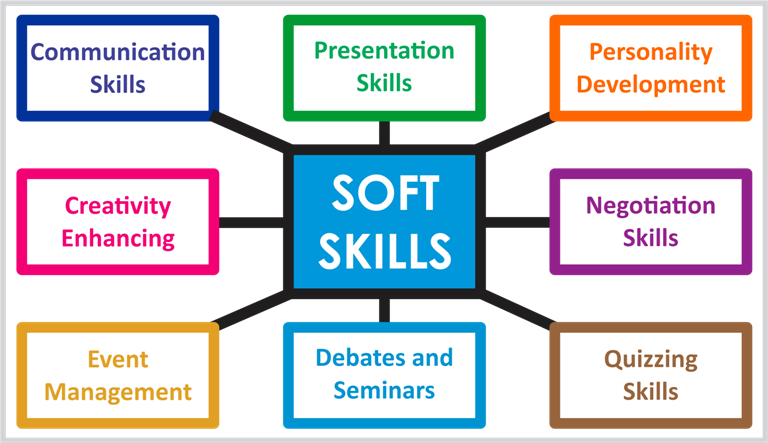
Soft Skill Training is Often Overlooked
When it comes to skills in employment, the first line of emphasis is typically towards abilities, training and knowledge of specific skill sets. These are referred to as hard skills. Soft skills, however, are often overlooked, yet they also play an important role in day-to-day operations.
Soft skills are personal attributes that enhance an individual’s interactions, job performance and career prospects. Unlike hard skills, which are about a person’s skill set and ability to perform a certain type of task or activity, soft skills are interpersonal and broadly applicable.
Work Ethic
This is a difficult skill to quantify, but employees will typically either display a strong work ethic and the drive to complete tasks, or they won’t. While a work ethic is largely an innate skill, it can be learned with proper training and motivation. Some employees, of course, may be able to develop a stronger work ethic with incentive-based pay or monetary rewards, such as bonuses if they reach a certain goal.
Communication
Communication skills are arguably the most important soft skills for an employee. The ability to communicate through the spoken and written word is a necessity in nearly every industry and in every workplace. Communication skills can be learned and improved with the right training. It may take time for employees to learn effective communication skills, particularly if they have a naturally shy disposition.
Teamwork
The ability to work well within a team is another important soft skill. Some employees may naturally feel comfortable working within a group, while others may have problems and prefer to work alone. It is necessary to spot these personality types ahead of time for proper group formation. Every team should have a diverse set of personalities that mesh together as a cohesive whole. Team building exercises, as well as interpersonal communication training, can be very beneficial in helping employees develop this skill.
Problem Solving
Being able to make quick decisions, think on their feet and solve simple problems are important employee traits. Even simple problems, such as a copier being out of toner can grind an office to a halt if no one displays these simple skills. At least one employee needs to have the ability to take charge of a situation and guide the others through if they have difficulty. The employees who display these decision making skills are often excellent candidates for promotion to management level. Project management training can be especially useful in problem solving, as well.
Course Duration: 60 Days
Teaching Hours: 2 Hrs Daily (Monday to Saturday)
